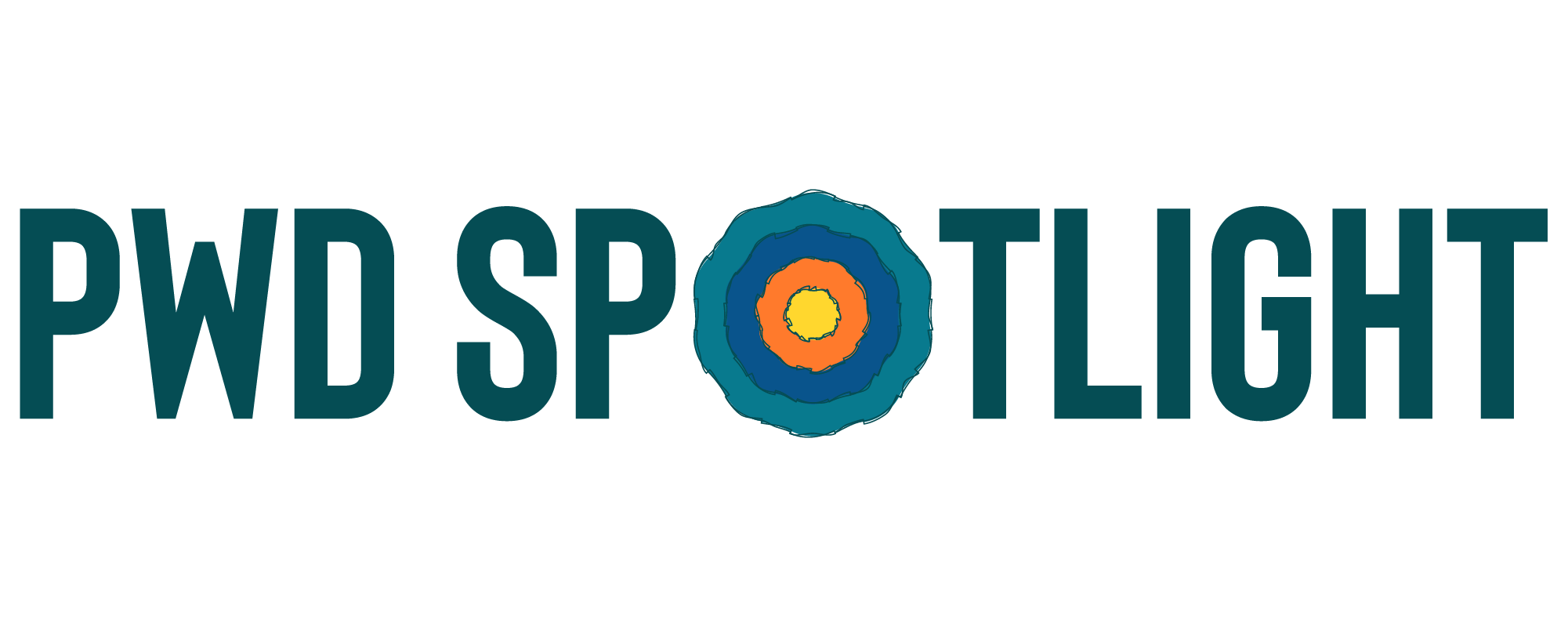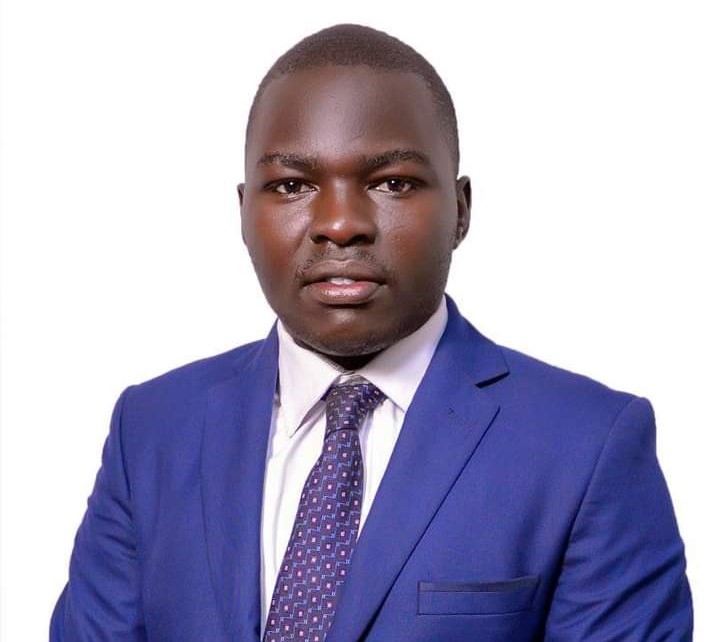By Ogwal Alex – Founder & CEO, Sign Language for All (SLFA), Disability Inclusion
When Sign Language for All (SLFA) was founded in 2023, it began as a vision – a conviction that communication should never be a barrier to human connection. Three years later, that vision has grown into a vibrant brand and movement. What started with a single participant at Makerere University’s Freedom Square in 2022 has now flourished across the seven districts in Uganda: Mukono, Entebbe, Kalangala, Lira, Gulu, Kitgum, and Kampala; with over 100 active members and an expanding network of Deaf and hearing allies.
This journey has not been a coincidence; it has been a deliberate and passionate commitment. During the week, I serve as a teacher and Director of Studies at a Deaf school, working with Deaf children and sharing knowledge with them and on weekends, my heart beats for sign language advocacy. While many might reserve weekends for rest, mine are dedicated to travelling, teaching, and igniting creativity and innovation within SLFA.
Building Inclusive Communities:
At the core of our work is the belief that access to sign language is a human right. We strive to reduce communication gaps and create spaces where Deaf individuals feel seen, heard, and valued. Our flagship initiatives, such as the monthly Meet and Sign gathering, bring together Deaf and hearing communities to share knowledge, build relationships, and foster empathy.
Our partnerships have been instrumental. We are honoured to work alongside organisations including the University of Kisubi-Entebbe, Florence Nightingale School of Nursing and Midwifery, the Uganda National Association of the Deaf, United Persons with Disabilities, Kakebe Technologies, TechBuzz Hub, Diverse Empowerment Foundation, Siloam 256, and St. Mary’s Hospital, Lacor-Gulu City, among others. These collaborations strengthen our collective mission of inclusion.
Emerging Solutions for Local Problems:
In an era defined by technology, artificial intelligence, and social media, SLFA is leveraging innovation to address the unique challenges faced by Deaf communities.
Together with Kakebe Technologies, we have developed an assistive tool, the Deaf Assist Mobile App.
This mobile application enables Deaf users, including service providers, to connect with sign language interpreters anywhere in Uganda, thanks to a district-based interpreter database and a built-in chat platform. A video call interface ensures that Deaf individuals can access qualified interpreters during emergencies, breaking down geographical and communication barriers.
To bridge the persistent shortage of sign language learning resources, we wrote a book called Beginner’s Sign Language for Inclusive Communication handbook and complementary video tutorials on YouTube. These resources empower learners, whether first-timers or advanced signers, to practice at their own pace.
Expanding Learning and Awareness:
Our advocacy extends beyond classrooms. In partnership with the University of Kisubi, St. Mary’s Hospital Lacor–Gulu, and the Florence Nightingale School of Nursing and Midwifery, we train nurses, midwives, and other professionals in sign language to strengthen Deaf-friendly services across Uganda.
SLFA also hosts a range of annual awareness activities, including the Sign It Challenge, Silent Dinner, and the annual Sign Language Debate Challenge. Participants experience real-world application by translating songs, performing dramas and skits, and creating sign language video projects. Through our monthly Meet and Sign sessions, these engagements remain continuous and sustainable.
Innovation at the Heart of Advocacy:
Innovation and creativity fuel everything we do. Our vibrant social media presence, especially our YouTube channel, allows us to share lessons and stories widely, while our FACES Project (Facilitating Accessible Communication Easily through Sign Language) has trained over 50 medical professionals in Deaf-centred health practices. Supported by donors such as the U.S. Mission Uganda through the YALI Alumni Chapter of Uganda and the Institute Cerba, this project has empowered Deaf individuals and enhanced access to healthcare.
Celebrating Milestones & Facing Challenges:
From Sign Language Day Out to school outreaches, our events create meaningful engagement for both Deaf and hearing participants. Yet, funding remains a persistent hurdle. Many donors prioritise mainstream projects, leaving grassroots initiatives like ours to rely heavily on member contributions and community fundraisers.
To every donor and supporter who has believed in us, thank you. Your generosity makes this movement possible.
A Call to Action:
As we mark International Deaf Awareness Week 2025 (22–26 September) under the theme “No Human Rights without Sign Language Rights,” I extend a heartfelt invitation:
- Learn sign language by starting today with free resources on our YouTube Channel and Short videos on TikTok Pages.
- Connect with Deaf children and families through avenues of volunteering, mentorship, or simply start a conversation in sign language.
- Promote inclusion in your workplace & community by advocating for sign language interpreters and Deaf centred accessible events.
- Support Deaf-Led Organisations through contributions, financial, technical, or in-kind, to sustain vital programs.
The journey toward inclusive communities is far from over, but every hand that learns to sign brings us closer to a society where communication is a right, not a privilege.
Let us unite to ensure that no Deaf child grows up without a voice, and no human right is denied because of silence and “Together, let’s sign for equality.”

